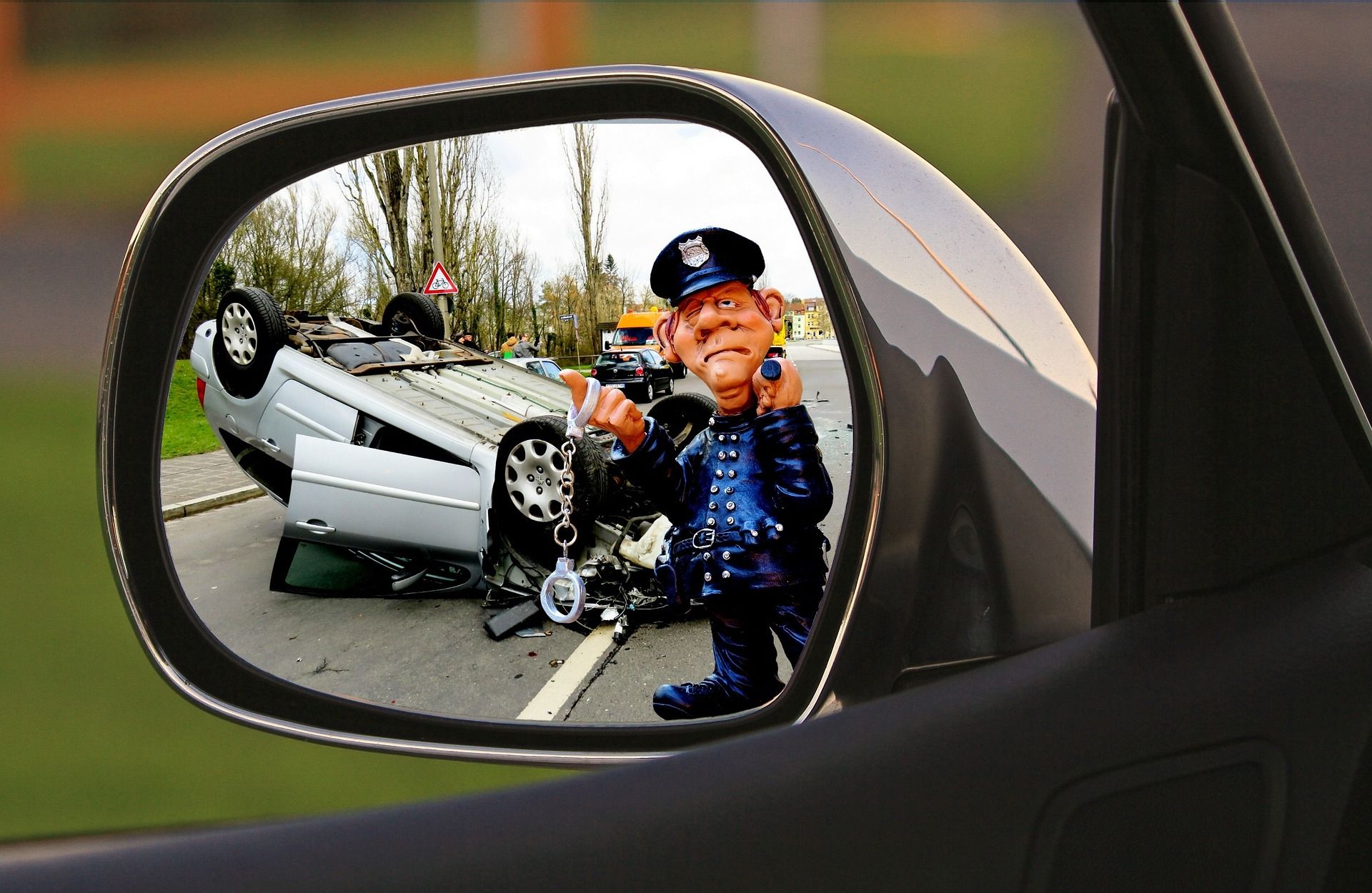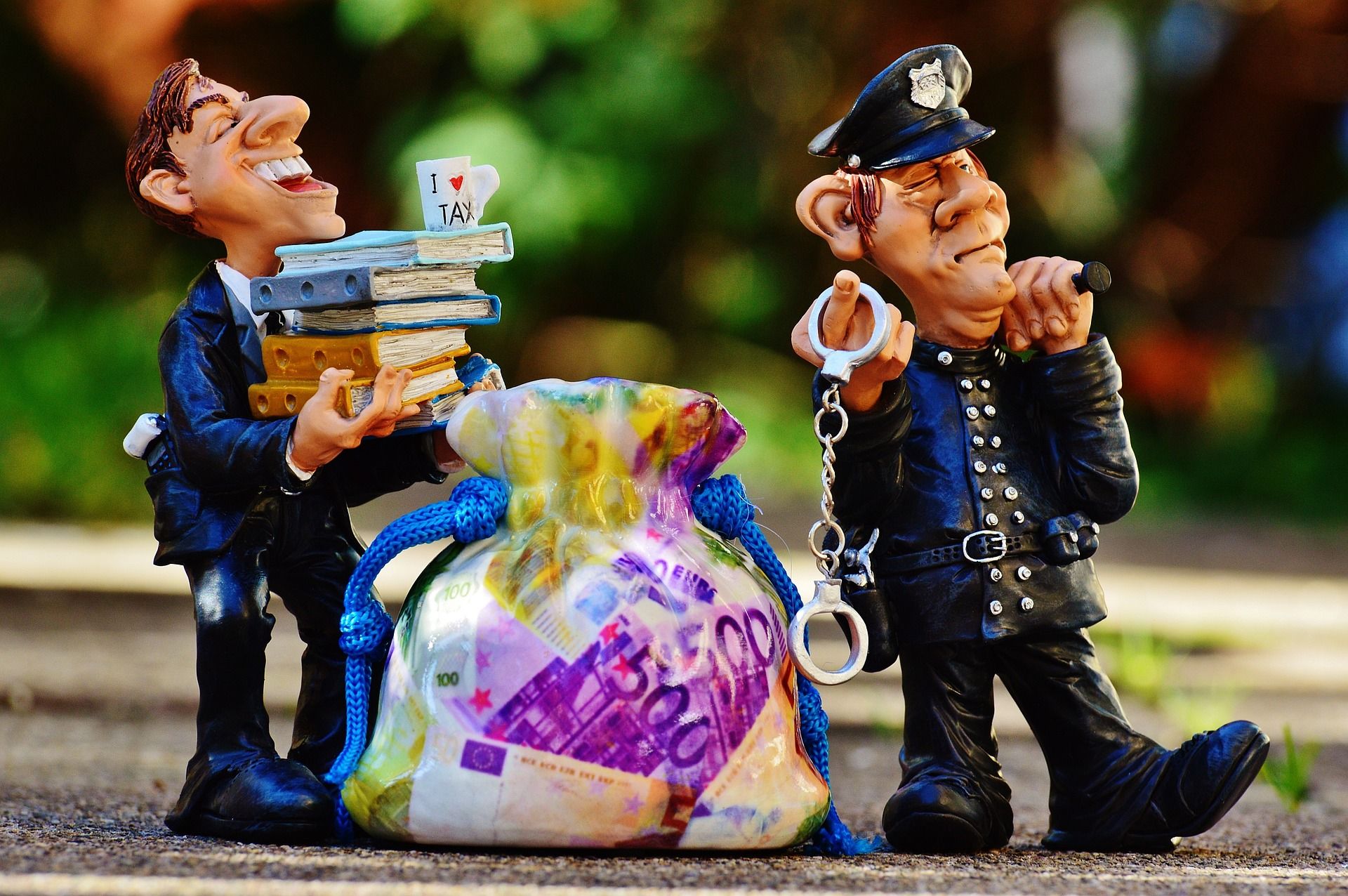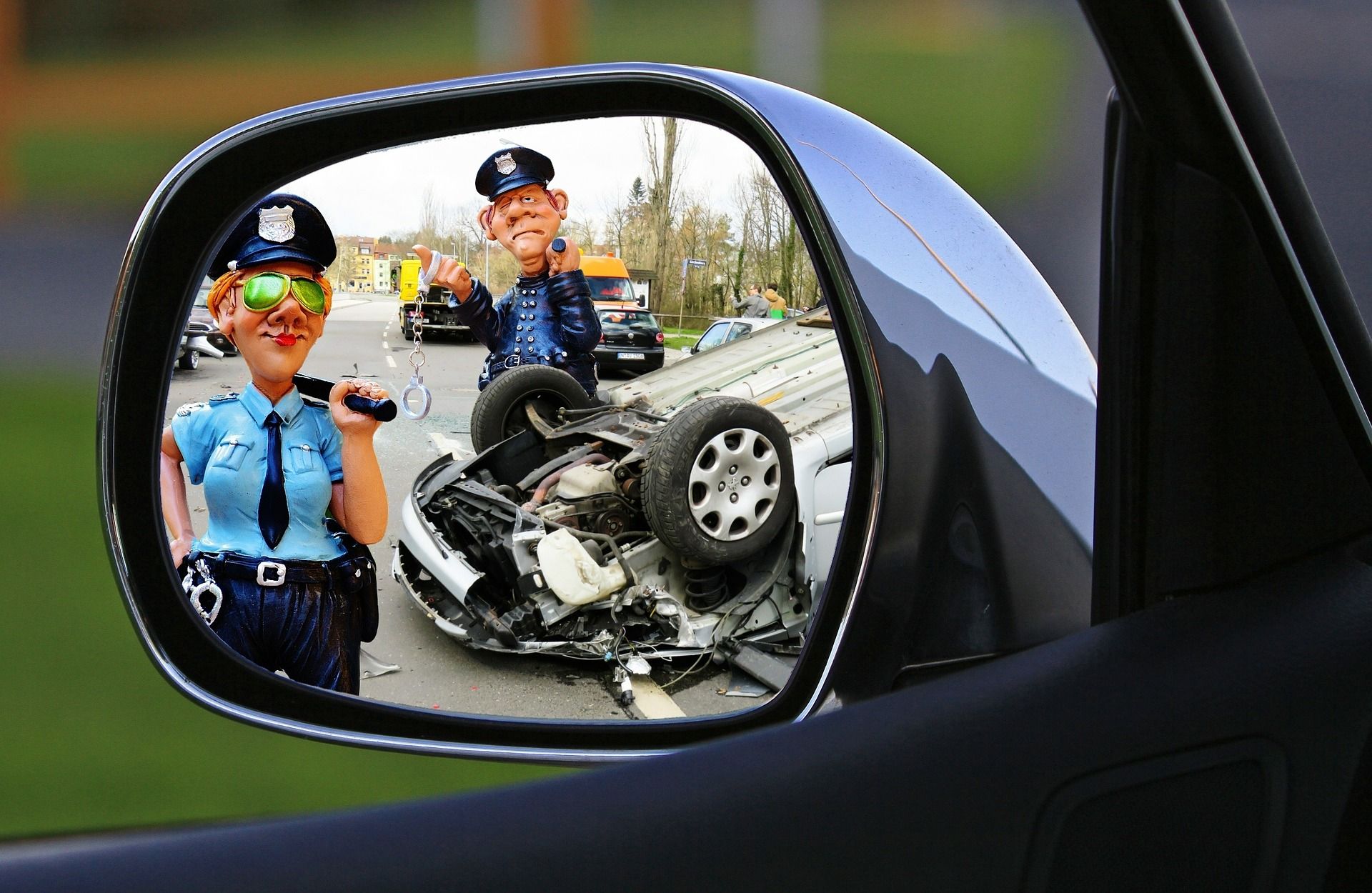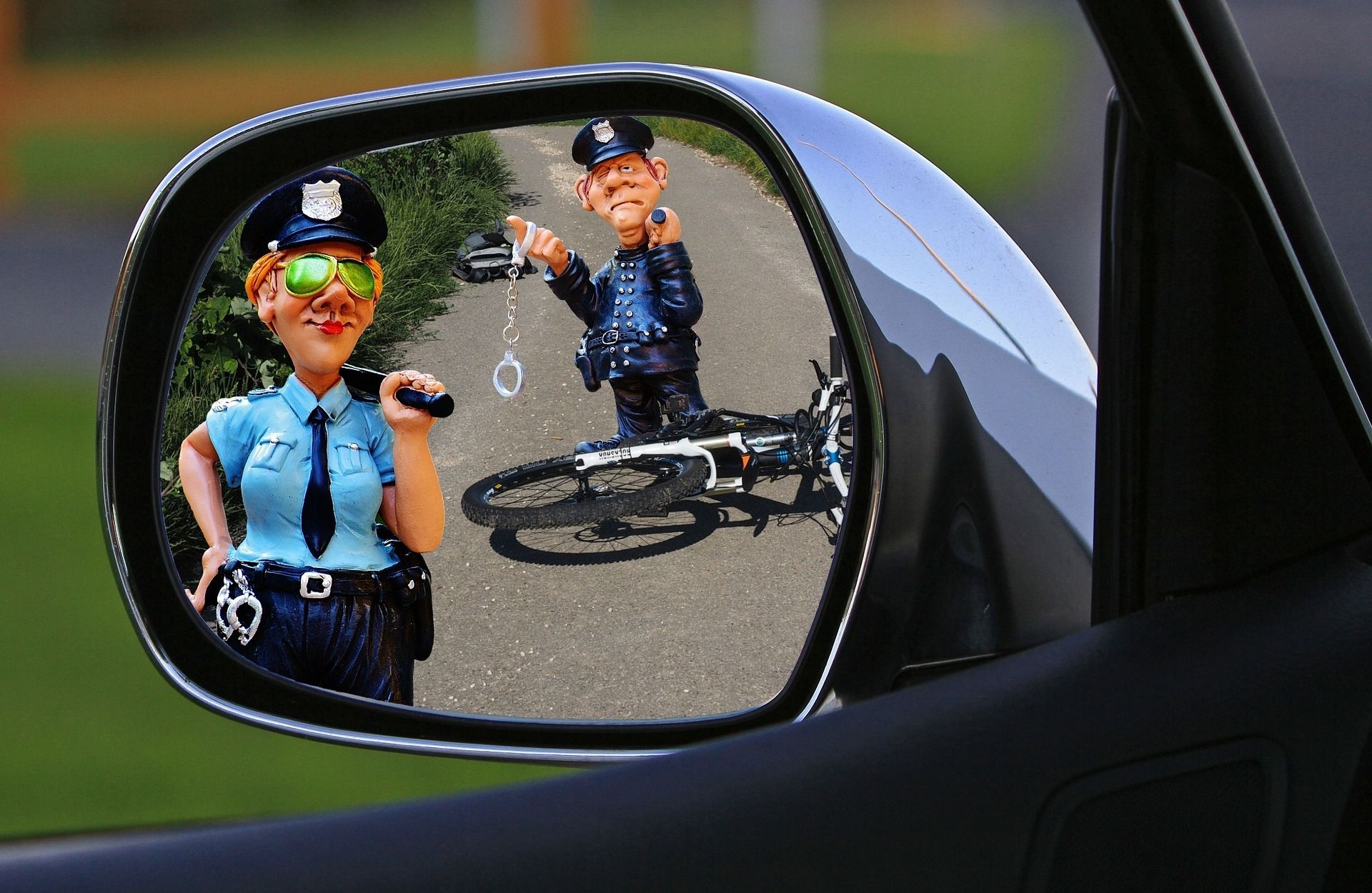A Hit and Run accident report is a document created by the police department detailing the events of a hit and run accident. This can include various information depending on the state where the accident occurred.
Hit and Run Police Reports
A hit and run police report is a mix of different information, the most important of which is the verbal and/or written account of what happened given by the person that remained at the accident scene. The hit and run report will also include information obtained from any stationary traffic cameras and statements from any witnesses that happened to be at or near the scene during the time of the accident. However, different reports are often used depending on the nature of the accident. A hit and run in a parking lot, where one car is parked, for instance, will likely result in a different report than a hit and run on public roadways. If your car was damaged while parked in a private parking lot, you may even need to go to your local police precinct to file a report. Some states don’t even require police reports unless damages are estimated to be beyond the $500 threshold.
Measures Police Can Take to Find a Hit and Run Driver
There are a number of steps that police can take to catch a hit and run driver, but what happens after the accident really depends on the amount of information available. Depending on the nature of the accident and the severity, the police will tap into local intersection cameras and, potentially, even exterior cameras hosted by private companies that may or may not have captured what happened during the accident. The police will also take in statements from the person that remained on the scene and any witnesses. If a plate number was captured by camera, or noticed by any witnesses, including the victim, police can run that number (along with make, model, and color information) through its database in an attempt to locate the person that left the scene of the accident.
With license plate information police will be able to determine who the registered owner of the vehicle is and potential drivers, should the accident occur in a state where electronic insurance reporting is in place. This information will tell the police where the registered owner lives and they will then be able to question them and, hopefully find out who the driver was.
Even if no plate number is available, officers can still put out an alert for the make and model (or even the basic type of vehicle) along with a description of possible damage so other officers can keep an eye out for that vehicle. Furthermore, police will also be in contact with local repair and body shops so that they can investigate any vehicle brought in for repairs that could have been involved in the accident.
Hit and Run Penalties
The Penalties for hit and run (can also be called leaving the scene of an accident) vary depending on the state and severity of the accident. Mino rhit and run accidents like those in a parking lot with a parked car or minor fender benders are often chalked off as misdemeanors. When there is more property damage, serious injury, or other factors – like criminal driving history – then the fines and penalties can be harsher. If serious injury, death, or extreme damage occurs, the charge can be escalated into the felony category which often includes several years of prison time, massive fines, and license suspension.
Again, this varies by state, but in California, most hit and run accidents are considered misdemeanors and are punishable by fines of up to $1,000 and/or one year in jail, plus court costs. However, in states like Wisconsin, if there’s an injury as result of a hit an run accident, you can be hit with a $10,000 fine and spend up to 42 months in prison.
In other words, regardless of whether or not you’re at fault, don’t have insurance, or a driving a vehicle you shouldn’t be driving, you’re better off stopping and dealing with the situation.
What to Do If You’re in a Hit an Run Accident
If You’re a Hit and Run Victim
-* If someone has hit your vehicle and driven off, call the police first and foremost. While you’re on the phone, take the time to write down anything you can remember about the vehicle.
-* If you’re injured after a hit and run accident, don’t try to get out of the car or move until emergency personnel arrive unless it’s absolutely necessary.
-* If you’re okay, and there are witnesses, and if possible, ask them to write down any plate numbers, or descriptions of the accident – this could help them paint an accurate picture when the police arrive on the scene.
-* If any witnesses happen to have caught the accident on camera (still or video) ask them to send the video to you. This will be very important for police and could help your case should a civil lawsuit need to happen down the road.
-* Be completely honest with the police, even if you were at fault for the accident. Remember, it is a crime to put anything false in a police report, so it is necessary to explain that you were at fault for the accident if that is the case. Besides, if there is video of the accident, they’ll be able to tell that anyway.
If You Left the Scene of a Hit and Run Accident
We get it, people make mistakes and bad decisions. Chances are that if you’re here, you’re not a criminal – you just made a bad decision in the middle of a knee-jerk reaction. Just because you got away from the scene of an accident that doesn’t mean that it won’t come back to bite you in the near future. However, you must be careful of how you proceed.
-* If you left the scene of an accident, you should contact a lawyer right away. They will be able to advise you of your rights and help walk you through the process of turning yourself in and dealing with the law. They will also help make sure you don’t get railed by the police and charged with crimes you’re not responsible for.
-* DO NOT try to conceal evidence of the accident. Attempting to repair the vehicle before the police find you or anything of that nature will look even worse when the police do catch up with you, and it can have serious ramifications on not only what you’re charged with but any sentencing that may come down the line should you end up in court over the ordeal.
-* Let your lawyer contact the police for you. In most cases, this can actually stop the police from looking for you, cuts down the potential cost of state reimbursement for the investigation, and could avoid the embarrassment of the police picking you up from home or work.
-* Work with your lawyer to establish a good plea deal and restitution with the victim – sometimes, by operating in good faith, you can avoid jail time and sometimes even license suspension. You still committed a crime by leaving the scene, though, so don’t expect to get off free.
-* No matter what, do not give false facts or statements to the police or your insurance company as this will undoubtedly make your situation worse in the long run.




